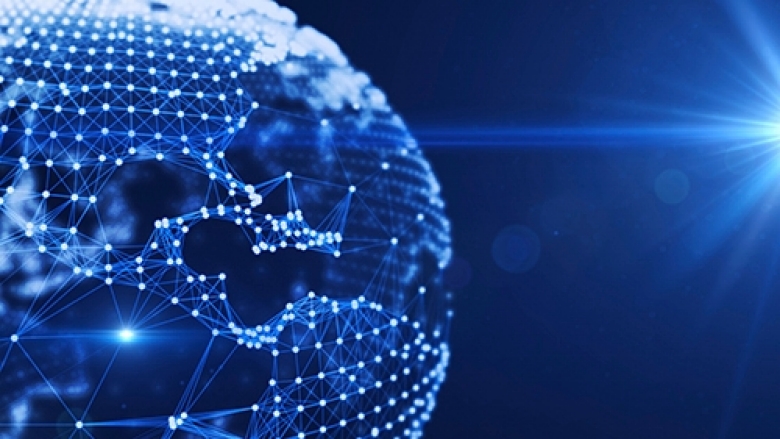
Certain banks, businesses providing financial services and other types of businesses in different parts of the world are facing increasing difficulties accessing domestic and international payment systems. For both business reasons and concerns about risk, banks globally are either not on-boarding certain clients or terminating existing banking relationships. Either as a result, or to preempt being cut-off from payment systems, banks and businesses that are losing their banking privileges are in turn closing accounts of customers that provide services to large segments of the global population, thus affecting those companies’ ability to operate. This so called de-risking (though not all closures are driven by risk) is said to affect people dependent upon remittances, certain categories of clients, notably charities and humanitarian organizations, institutions seeking to access trade finance, and more generally the populations resident in areas considered, for whatever reason, to be high risk for money laundering and terrorist financing purposes. Certain pipes in the plumbing of the international payment system are apparently clogging up. What can we do to address this?
The Stakeholder Dialogue on De-risking is an ambitious initiative that will bring together public and private sector participants from financial centers jurisdictions where de-risking is occurring and jurisdictions affected by de-risking to examine what each can do to reverse this de-risking phenomenon. Recognizing the importance of engaging all participants no matter where they are located, this initiative is being organized by the World Bank in collaboration with ACAMS, the world’s largest association of anti-money laundering private and public professionals. The ultimate objective of this initiative is to identify the root causes of de-risking, and more importantly to share experiences and strategies on specific actions to address these important issues.
This event will be organized around the contributions of each of the relevant participants including banks, banking clients, the supposedly higher risk clients, remittance companies, humanitarian organizations, the financial institution supervisory agencies, law enforcement and international bodies that set standards on AML/CFT. Of course a problem so complex and global cannot be rectified in a day and a half of discussions. However, defeat is not an option.
The working hypothesis for the Stakeholder Dialogue is that well informed players in the field can make a difference. Short introductions by representatives of the relevant actors will be followed by lively round table debates in smaller groups and a concluding plenary discussion at the end of each session to identify concrete steps that can be taken in the short, medium and longer term. Though the gathering will take place over these two days only, the ultimate aim is to establish a more permanent platform for ongoing dialogue to ensure that after everyone goes their separate ways the debate continues.
